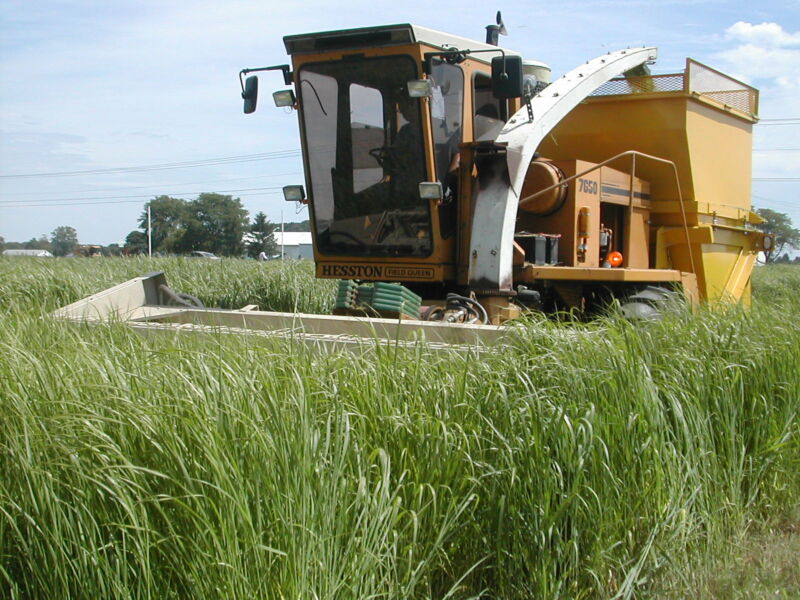CO₂ removal to halt warming soon would be a gargantuan undertaking

Enlarge / How much switchgrass could we grow for biofuels? (credit: Michigan State University Extension)
One of the options to help us get our balance of greenhouse gas emissions down faster is to actively remove some CO2 from the atmosphere. The idea is that it can be cheaper and easier to start CO2 removal while our energy systems are transitioning than to attempt to make that transition happen quickly enough to reach our climate goals. Obviously, there's never a free lunch, and these ideas have attracted lots of scrutiny because of their side effects and feasibility.
Crops vs. BECCSThree studies published this week examine some of the issues of negative emissions in detail. The first focuses primarily on BECCS-bioenergy with carbon capture and storage. This is a technically attractive strategy that would involve growing biofuel crops, burning them to generate electricity, capturing the CO2 leaving the power plant's exhaust, and storing that CO2 somewhere (probably deep underground). The added value from electricity generation makes this look cheaper than many methods that could pull similar amounts of CO2 out of the air. As a result, many emissions scenarios that manage to halt warming at 1.5C or 2C rely on sizable deployments of BECCS to get there.
The primary downside is the potential competition for land with food crops or forests. To get a much clearer picture, the study first set aside the land projected to be used for crops before working out the global potential for BECCS. The researchers focused on crops like switchgrass and sugarcane or woody plants like fast-growing poplar and assumed that any carbon in vegetation present on land converted to this use was lost at the start (burned, for example). They ran the numbers for BECCS as well as liquid fuels like biodiesel or ethanol, for which much of the resulting CO2 is released rather than captured.
Read 12 remaining paragraphs | Comments